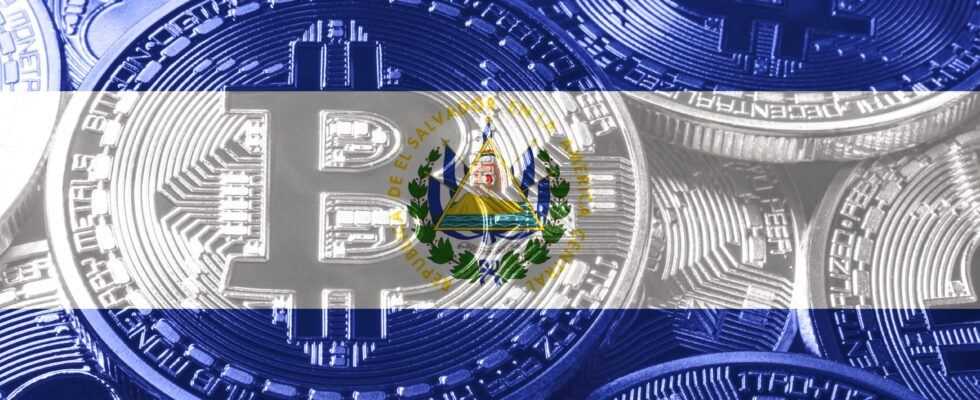Bitcoin continues its sideways trend. Meanwhile, El Salvador wants to make BTC the national currency alongside the US dollar.
The ups and downs of Bitcoin continue at the beginning of the week. The crypto currency is again trading in the range of 36,000 US dollars today. At the time of going to press, the price of the digital store was trading at $ 36,206, up 1.12 percent.
However, the current sideways trend does not prevent some personalities in the crypto space from continuing to formulate bullish price targets for Bitcoin. This is what the trading veteran believes, for example Peter Brandt continue to stick to a long-term BTC rate of $ 100,000. They are much more optimistic Winklevoss twins, who renewed their price forecasts of $ 500,000 per Bitcoin at the Bitcoin Miami Conference 2021.
Much more important for the crypto space, however, should be news from El Salvador. The Central American country usually rarely makes international headlines. But this time it’s different. At the Bitcoin conference in Miami, President Nayib Bukele expressed efforts that he was planning to make BTC in El Salvador a legal means of payment apart from the US dollar. On Twitter he then delivered several effects that this introduction brings with it.
“El Salvador’s GDP could increase by 25 percent”
First of all, legalization would have an effect on the country’s gross domestic product. Right now that’s around $ 27 billion. Bitcoin’s market capitalization is currently around $ 680 billion. If only 1 percent of this were invested in El Salvador, this could increase GDP by 25 percent in one fell swoop, says President Bukele.
In addition, the introduction also flushes new users onto the Bitcoin blockchain. Currently, around 70 percent of the population in El Salvador did not have any bank accounts. The proportion of undeclared work in the country on the Pacific coast is correspondingly high. President Bukele said:
In addition to being a moral imperative, financial inclusion is a way to grow the country’s economy by providing access to credit, savings, investment, and secure transactions.
President Nayib Bukele on Twitter
He also wanted to create a space for innovation to change the future of finance and thus potentially help billions of people.
Nayib Bukele is controversial
With the activation of Bitcoin as a means of payment, El Salvador would undoubtedly have a place in the history books. And the reactions on Twitter to the announcement are mostly positive. On closer inspection, however, there are other motives for the Salvadoran President. Because apart from Bitcoin, the US dollar is currently the national currency. El Salvador is currently facing impending sanctions from the USA.
In addition, President Bukele’s leadership style is considered authoritarian. This was expressed, for example, when he promoted political opponents from judicial offices. In addition, his party passed a law just a few days ago that expanded the president’s control over the central bank and deprived the private sector of the power to campaign for the election of board members. In February 2020, an incident in El Salvador and internationally caused horror when Bukele let the national guard appear in parliament to put opposition members under pressure in a legislative vote.
Nevertheless, the drive to introduce Bitcoin as a means of payment appears to be of a serious nature. Even if it were only a small step in global economic terms, it would still have an enormous signal effect and could get the global Bitcoin adoption rolling.
